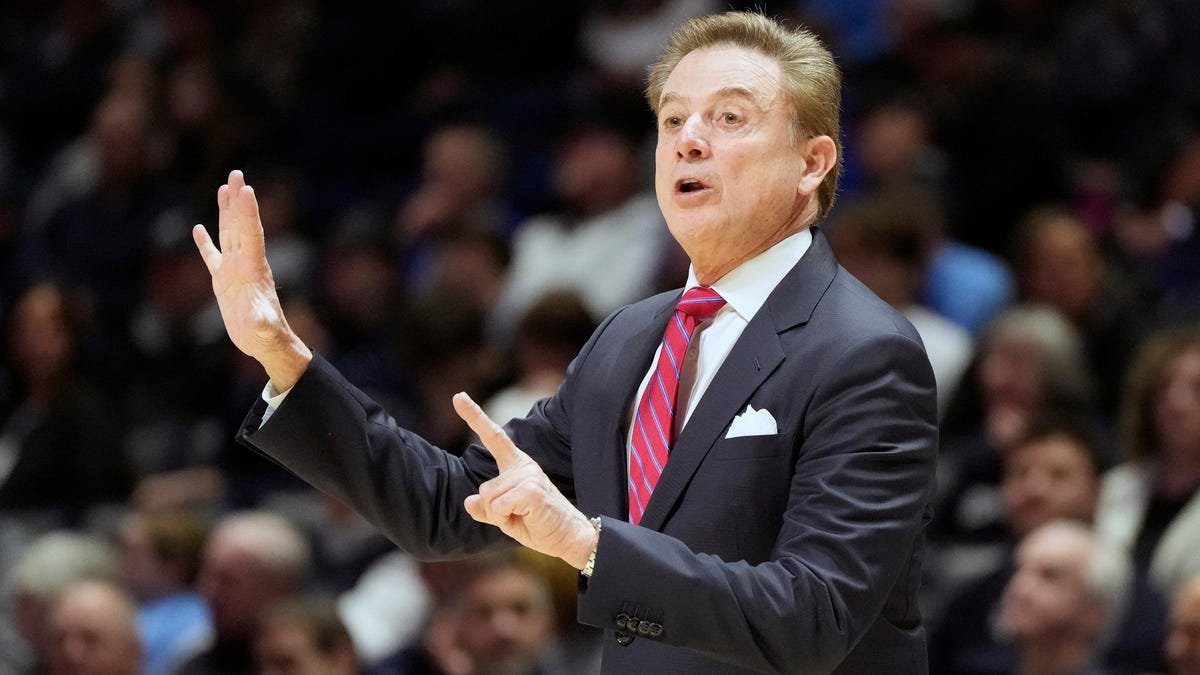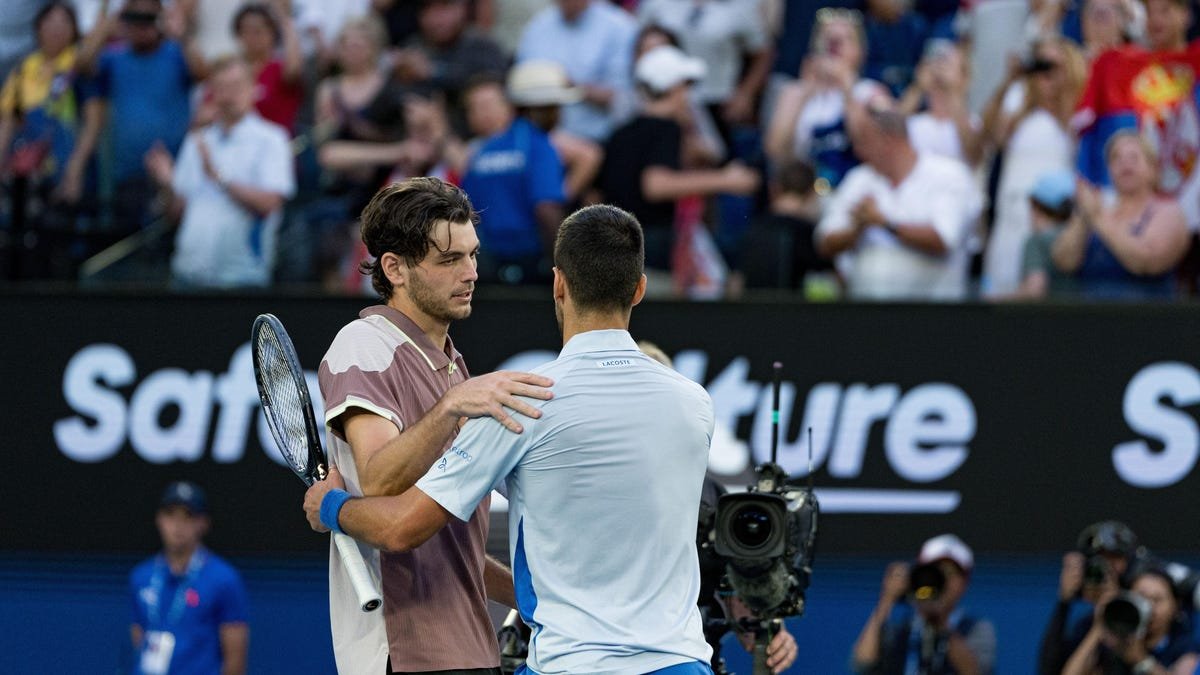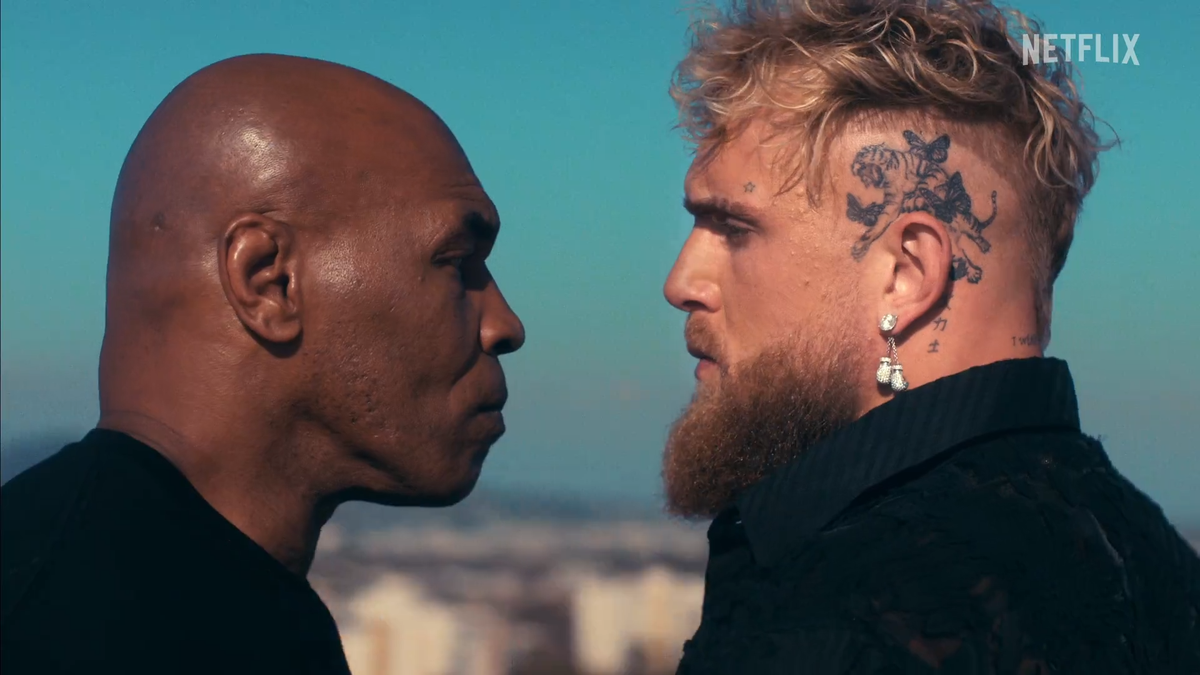The idea that individuals should stay out of someone else’s financial affairs is a widely accepted societal norm. However, when it comes to college athletes, this norm seems to be disregarded. In the era of Name, Image, and Likeness (NIL), everyone seems to have an opinion on what college athletes deserve, including coaches like Rick Pitino.
Pitino, the St. John’s coach, recently suggested the creation of a salary cap for college basketball players. He proposed that the Power 5 and Big East conference commissioners collaborate to establish a salary cap between $1.5 and $2 million. According to Pitino, all contracts should be submitted to the league and school offices, and other conferences should establish their own salary caps. Furthermore, he suggested doing away with letters of intent and making athletes sign a two-year binding contract, similar to professional athletes.
Pitino’s proposal reflects the frustration of a veteran coach who is not necessarily opposed to players making money, but rather the constantly changing rules and lack of clarity surrounding NIL. Since the introduction of NIL, the landscape of college athletics has been compared to the Wild West, with athletes navigating uncharted territory.
However, while Pitino’s plan may be up for debate, it is important to consider the messenger behind the message. Pitino is perhaps the last person who should have a say on player compensation. In 2014, he infamously stated that “we need to get the shoe companies out of the lives of young athletes.” Ironically, in 2017, Pitino and his Louisville basketball program became the center of an FBI investigation into corruption in the sport. It was revealed that Pitino was receiving a significant portion of the money from the program’s multi-million dollar deal with Adidas, while the university saw only a fraction of it.
Given Pitino’s involvement in a scandal that exposed the shady dealings between college basketball programs, shoe companies, and athletes, it is questionable whether he is the right person to propose a salary cap. His past actions undermine his credibility and raise doubts about his motivations.
This is not the first time Pitino has presented ideas that may have had good intentions but were poorly executed. In 2020, he suggested pushing the college basketball season back to March during the pandemic and having “May Madness” to give the vaccine a chance. While his intentions may have been in the right place, the feasibility and practicality of such a proposal were questionable.
The issue of player compensation has always been contentious, and it has only intensified with the introduction of NIL. Players, like Isaiah Wong of the Miami Hurricanes, have already started exploring their options and renegotiating their NIL deals. Wong’s agent expressed the desire for his NIL compensation to reflect his status as a team leader who led his team to the Elite Eight.
However, some fans and coaches argue that players should prioritize loyalty to their schools and the success of the program over their personal interests. The transfer portal and NIL have disrupted the traditional power dynamics in college athletics, leaving coaches with the challenge of retaining players and actively recruiting to fill their rosters. Interestingly, when it comes to how money should be spent or limited, fans and coaches tend to focus their attention on the players, perpetuating a system of pocket-watching.
In conclusion, the debate surrounding player compensation in college athletics is complex and multifaceted. While Rick Pitino’s proposal for a salary cap may spark discussion, his involvement in past scandals raises questions about his credibility. It is essential to consider the messenger behind the message and approach the issue with a fair and balanced perspective. Ultimately, the focus should be on creating a system that empowers and supports college athletes while maintaining the integrity of the sport.





